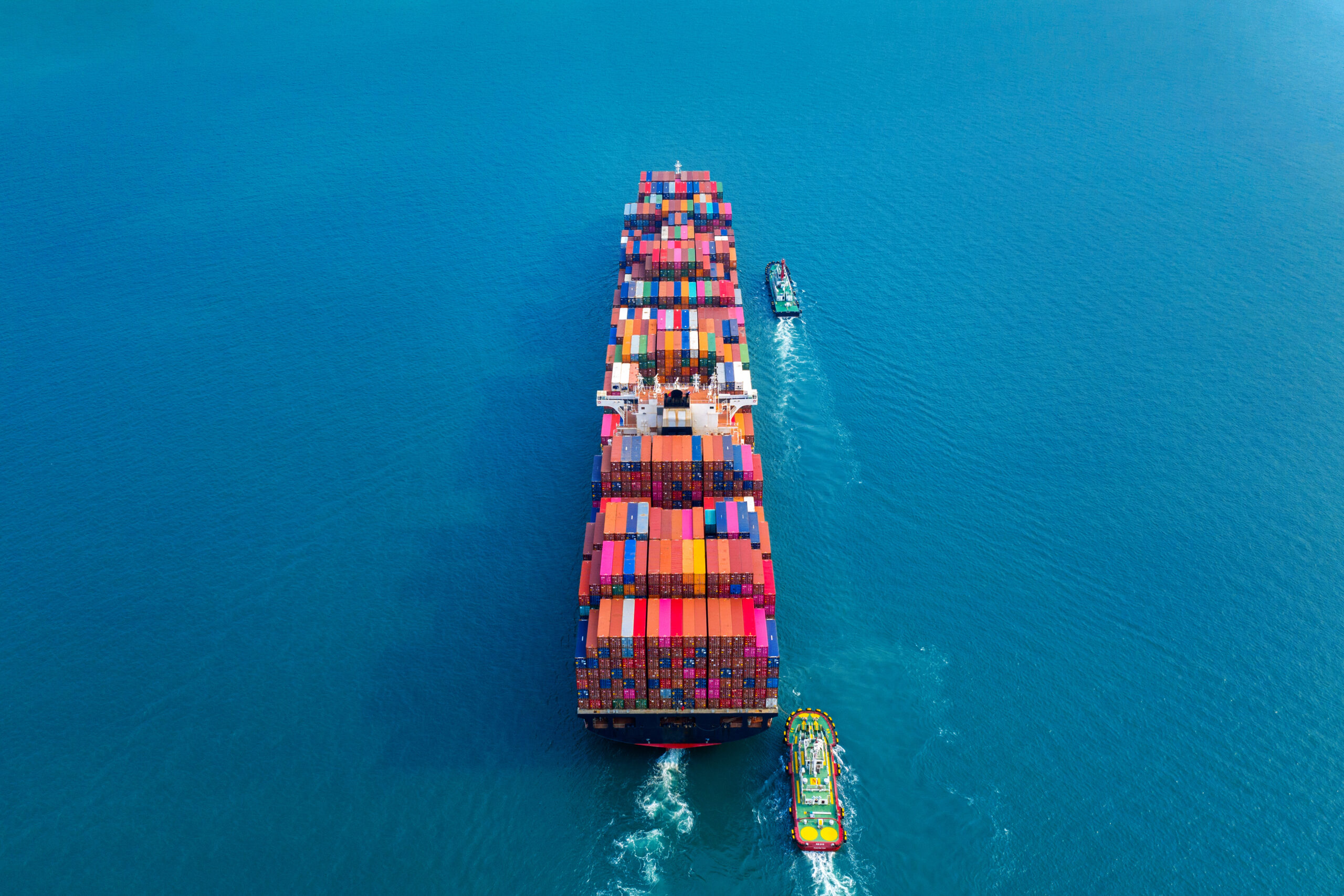Asia’s economic growth and development have been unparalleled over the past 75 years. Poverty has declined continuously and more rapidly than at any time in recorded history, and significant welfare gains have been achieved. These achievements have been driven by Asia’s growing participation in international trade and global value chains, which underpin the globalization process. More broadly, globalization refers to the integration of economies that has been achieved through growing levels of international trade, finance, and investment, and through the mounting exchanges of people, ideas, and data.
Asia’s economic integration continues to hold significant promises for the region’s future growth, prosperity, and stability. Yet geo-economic and geopolitical developments of the last decade, the COVID-19 pandemic, and Ukraine-Russia conflict showed how GVCs could transmit and amplify shocks across economies, making emerging markets more vulnerable. They reinforced pre-existing concerns about external dependencies and reignited discussions about self-sufficiency and strategic decoupling for the supply of critical goods and technologies. At the same time, they also highlighted the important role that trade and GVCs could play in accelerating the recovery from external shocks.
Trends toward slower international trade growth have also been magnified over concerns that globalization have not gone hand in hand with prosperity of the planet and of broader populations. The gradually eroding support for international trade in many countries is hitting Asia at a time when the region also faces mounting economic, political, geopolitical, socio-economic, and climate challenges, which threaten to undermine economic recovery and growth following the pandemic crisis.
This briefing argues that resilience to the confluence of external risks can be built through openness and diversification. Furthermore, Asia’s future growth will greatly depend on “upgrading” globalization, to meet the United Nations Sustainable Development Goals, particularly those that pertain to environmental sustainability, economic equality, and digital inclusion.

